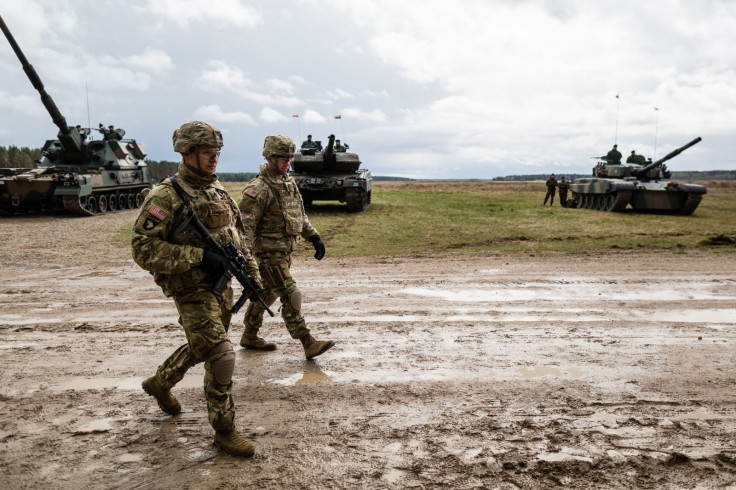US Army developing replacement for ageing M67 fragmentation grenade
The M67 has been in service since 1968 and is yet to receive an upgrade.

The US Army is working on a replacement for the ageing M67 grenade that can work as fragmentation as well as blast grenade when needed.
Safety concerns as well as the effectiveness of grenades in certain types of terrain, including tall grass and wooded areas have pushed the armed forces to develop a new generation of grenade, it was reported.
The Army Armament Research, Development and Engineering Centre has been looking at developing a type of hand grenade for soldiers that will work as both blast as well as frag grenade. In an interview with Military Times, Maj Jason Bohannon, lethality branch chief at Fort Benning's Maneuver Center of Excellence, said such a dual purpose grenade is "in critical design and testing". He added that it is not "a technology that we will see until the late 2020s, early 2030s".
Blast grenades have been missing in service for a long time, it is reported. The army pulled the MK3A2 concussion blast grenade from service in 1975 because of safety concerns as it allegedly had asbestos in it.
Blast grenades are different from frag grenades. Blast grenades explode, taking out enemies rather that making use of shooting fragments. Replacements, called the XM111, for the MK3A2 concussion are expected to arrive in 2020.
The M67 fragmentation grenade, considered to be a workhorse for the US Army, is said to be in dire need of an upgrade. Bohannon said over the course of various operations, they collected a lot of feedback from soldiers regarding grenades. He said they have found that the "M67 hand grenade had limitations — which we've known of — in restricted terrain".
He also said that the M67 was not as safe as it could be. "A lot's changed since 1968 in terms of what the Army deems a safe munition." He added that when there is a grenade in a soldier's kit, they do not want it to go off because of exposure to certain elements in the environment and that hand grenades pose explosion dangers when exposed to fire in storage.
Bohannon said while there is a need as well as the technology to make improvements, lack of resources is holding them back. "With the right funding and time, we could probably do it within a few years," he said.
© Copyright IBTimes 2025. All rights reserved.





















